Electric lawnmowers — 5 reasons to buy and 2 reasons to skip
Should you buy an electric lawn mower? Here's what you need to know
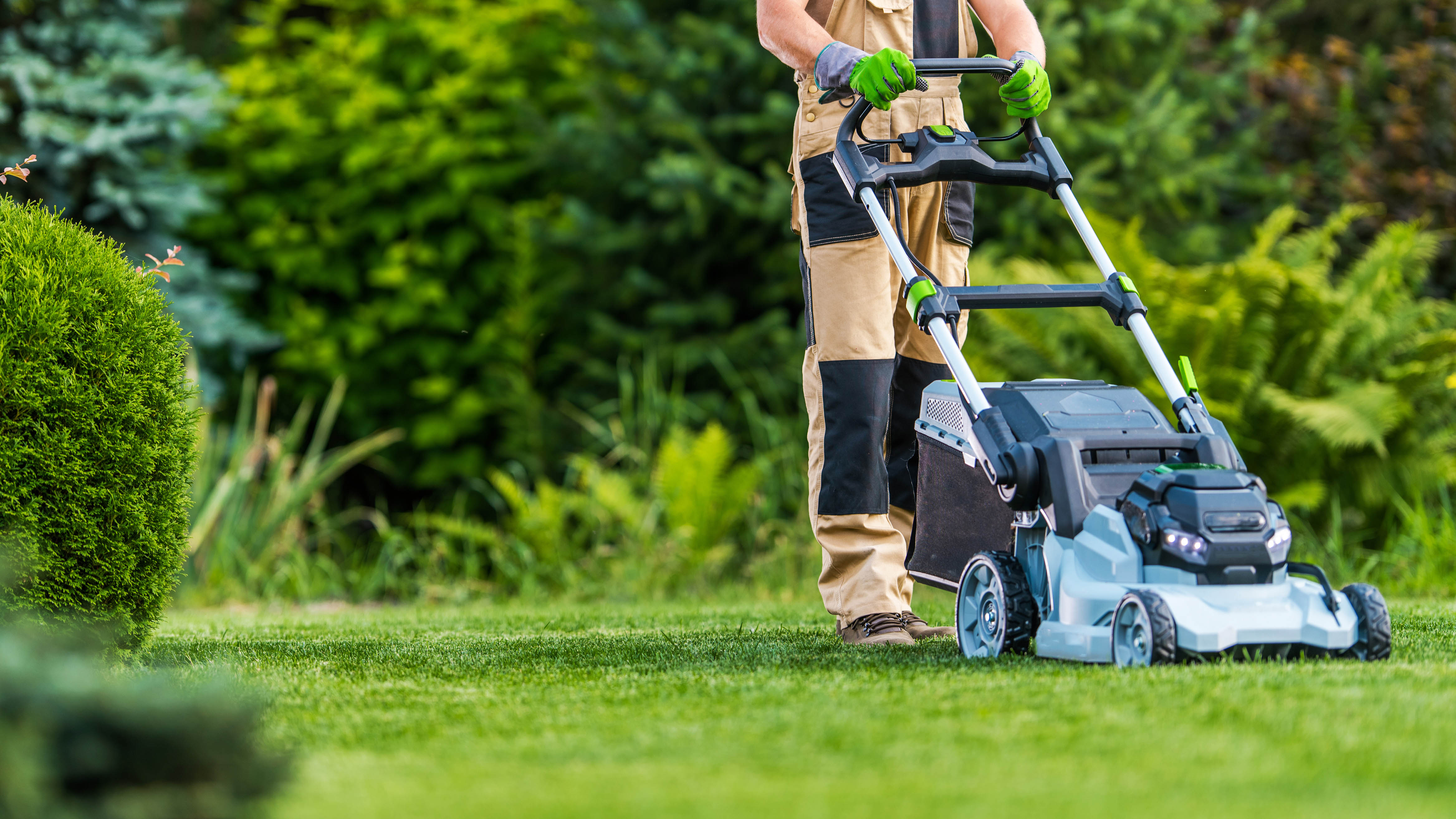
When it comes to maintaining a lush, green garden, you’ll need one of the best lawn mowers to keep it in top condition. If you've always relied on your trusted, gas-powered lawn mowers to get the job done, electric lawn mowers are becoming a more popular choice. Electric lawnmowers are either corded or cordless, that run on a rechargeable battery.
Traditionally, gas-powered lawn mowers have been the go-to choice to keep our lawns in shape. They're designed to handle larger yards with ease, and you don’t have the limitations of finding a power source. However, if you didn’t want the hassle of dealing with gas, oil changes, extra maintenance, and of course, the loud noise, then electric mowers may well be the better option.
So, if you’re upgrading your lawn mower or in doubt of trading your gas-powered mower, here are 5 reasons to buy an electric lawn mower right now.
Once you're done here, check out our guide to 7 lawnmower mistakes you're probably making right now. And if your lawn looks burnt, check out these 7 ways to revive a dried lawn and make it green again.
1. Easy to use and light to maneuver
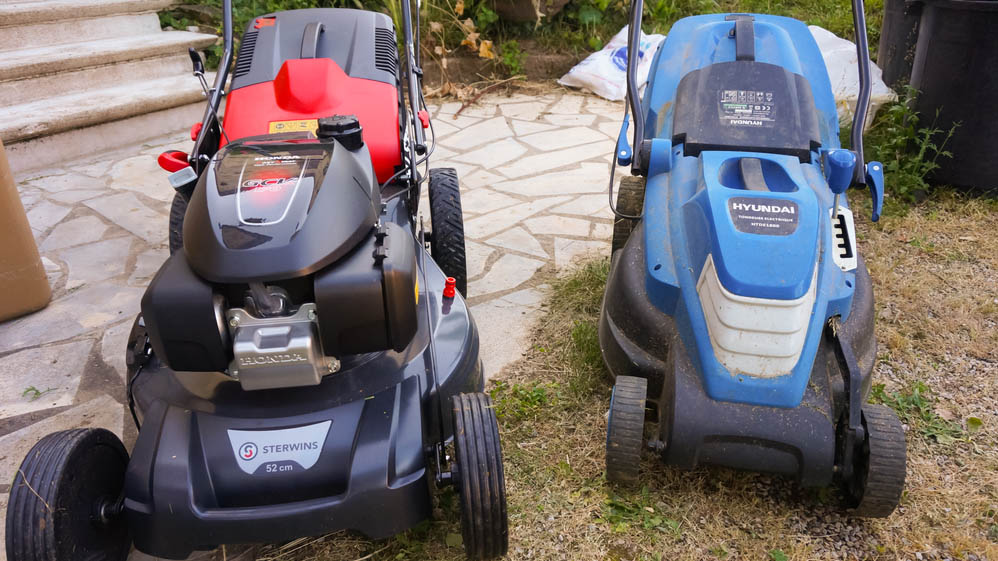
Electric lawn mowers are generally much lighter than their heavier, gas powered counterparts. This makes it easier to push and move around those tight corners, awkward spots, and when going uphill. Electric mowers are also more convenient for small backyards, as this requires little run-time. What’s more, electric mowers are simple to start with just a flick of a switch, while you’ll need to pull a starter rope several times on gas-powered types.
2. Quieter than gas-powered mowers

Gas-powered lawn mowers are known for being loud, producing on average around 95 decibels — about the same as a motorcycle. By comparison, electric lawnmowers are much quieter, at around 75 decibels — similar to that of a washing machine. So if you prefer a quiet mowing experience, or live in a quiet neighborhood or one that's placing restrictions on gas-powered lawn equipment, an electric lawnmower will be preferable.
3. Less maintenance
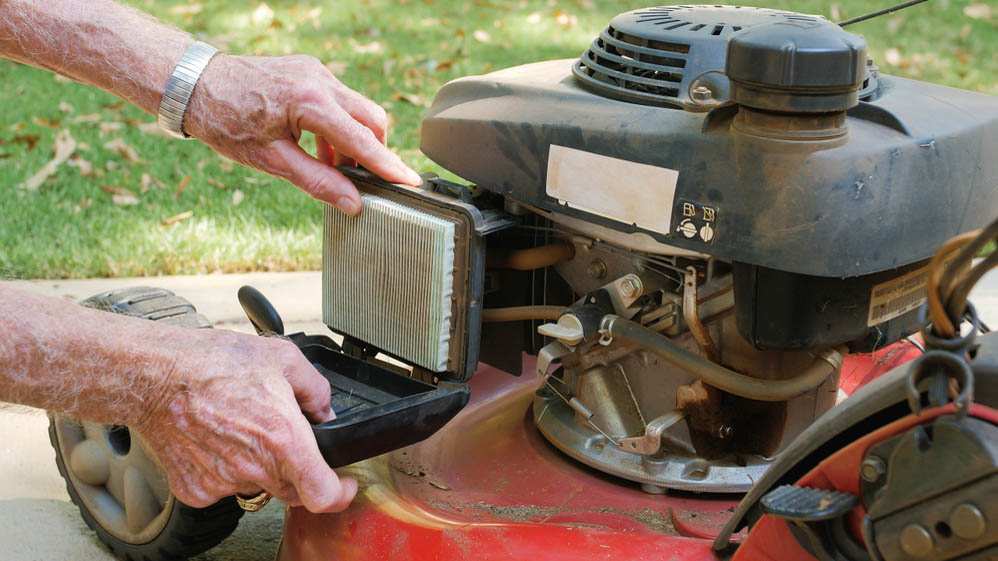
Unlike gas-powered mowers, electric lawn mowers require less maintenance. There are no gas or oil changes, replacing air filters or the initial prep to check oil and gas levels each time. In addition, you have to replace parts annually for gas mowers which can be costly over time. What’s more, electric lawn mowers are safer to operate, as they do not carry gas or other hazardous liquids.
Sign up to get the BEST of Tom's Guide direct to your inbox.
Get instant access to breaking news, the hottest reviews, great deals and helpful tips.
4. They're affordable — depending on your yard

Depending on the type of mower you need, electric lawn mowers are relatively cheap. The least expensive electric push mowers cost around $140, such as the Black & Decker 15 inch 10 AMP Corded Electric Walk Behind Push Lawn Mower ($139, Home Depot).
The least expensive gas-powered push mowers start a little higher; the Senix 125cc 20-inch mower is $169 at Lowes, though it has a wider 20-inch cutting width.
Cordless electric lawnmowers — which are much more convenient, as you don't need a long extension cord — start at around $170 to $180, though more popular models cost around $250 to $350. In some cases, though, you'll have to purchase the battery separately, which can add $50 or so to the price. And, depending on the size of your yard, you may want to purchase a second battery.
If you have a larger yard to tackle, there aren't as many options when it comes to electric-powered riding mowers. Gas-powered riding mowers are more numerous, and less expensive, starting at around $1,999 versus $2,500 for electric riding mowers.
5. Better for environment
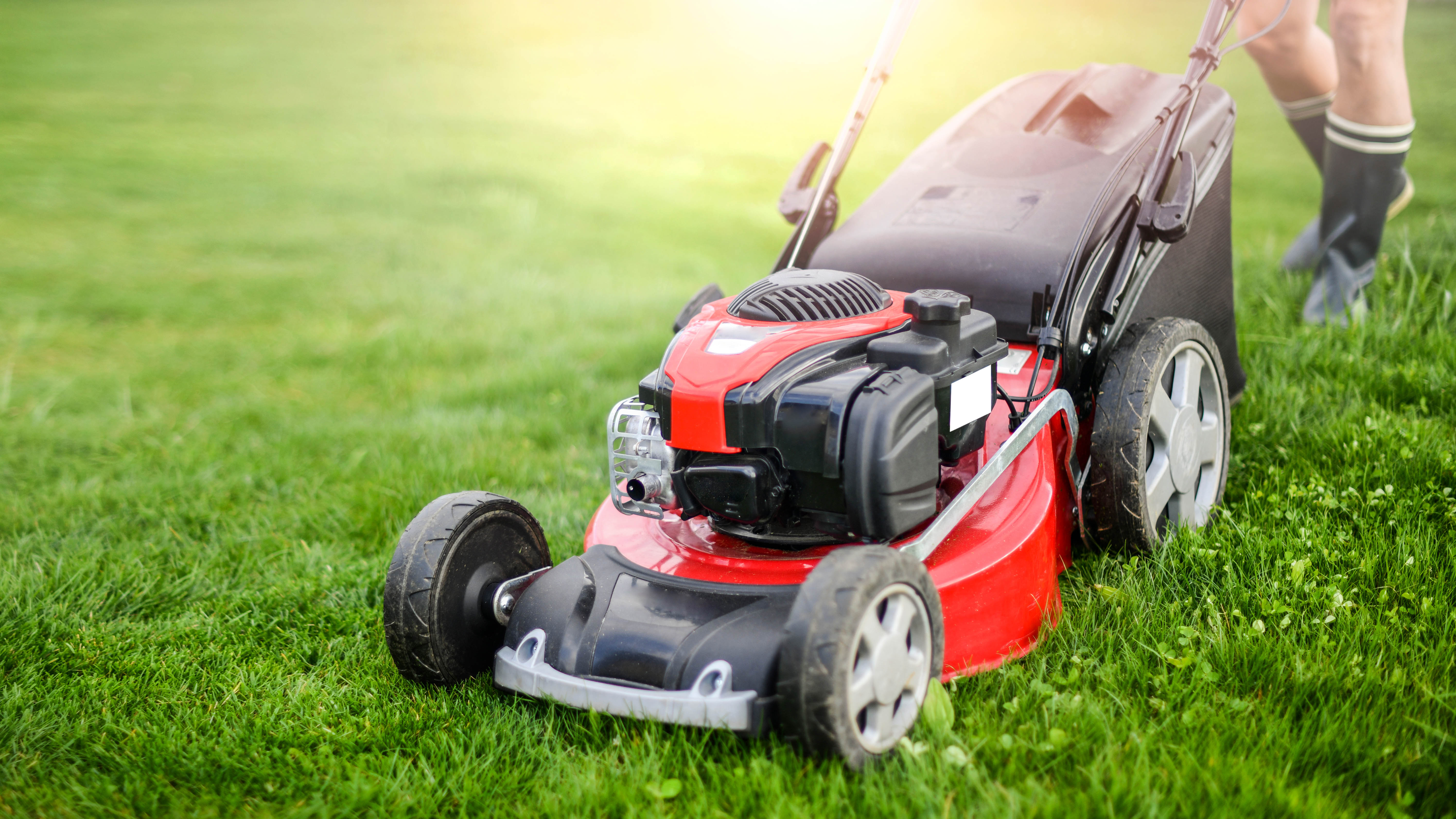
Gas-powered mowers can emit carbon emissions and other airborne pollutants. On the other hand, electric lawnmowers won’t generate such air pollution and are more eco-friendly. In fact, the California Air Resources Board states that mowing your lawn for one hour emits the same pollutants as driving a car for 300 miles.
In addition, battery powered lawn mowers put out zero emissions in operation, but they do require you to plug them in to charge their battery. To be fair, the power going to your home could be generated by fossil fuel-powered plants, unless you have a renewable power sources such as solar panels on top of your house.
Cons of an electric lawnmower
1. They're not suited for large backyards

Typically, electric corded or cordless mowers are less powerful than a gas-powered lawn mower. Lawn mower power is measured overall by torque (rotation power for the blades), and horsepower. Electric mowers have less torque than gas mowers, and may struggle with thicker grass, weeds or rough terrain.
2. Shorter runtime
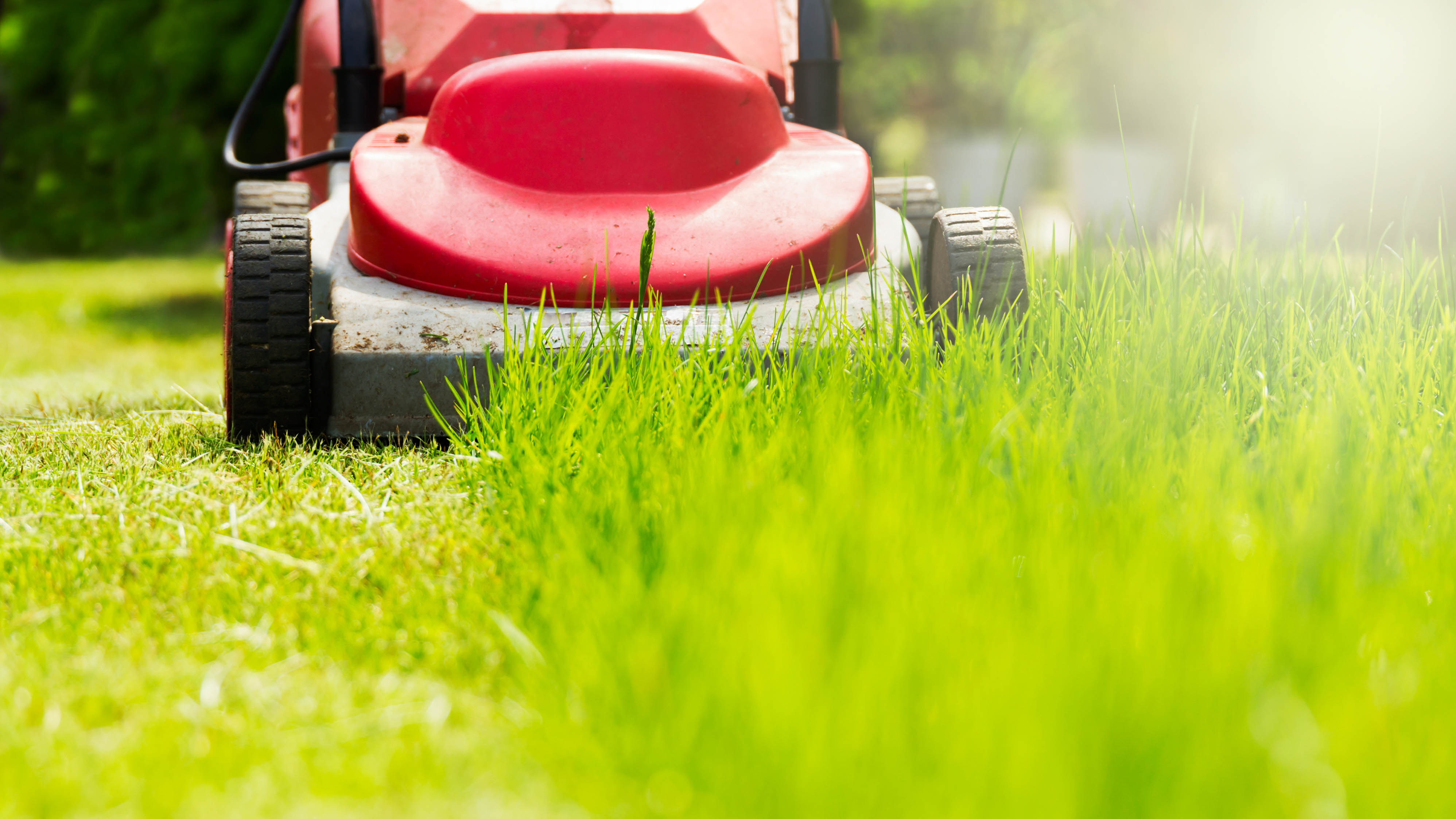
Battery-operated lawn mowers have a shorter runtime compared to gas-powered mowers, especially if you're dealing with thicker or longer grass. So, if you don't want to have a half-mowed lawn, you'll need to invest in multiple batteries, so you can swap them out as needed.
And, if you have a larger lawn — say, an acre or more — you'll probably want a riding mower, rather than a push mower, so you're not spending your entire weekend mowing. In that case, you have more options if you opt for a gas-powered mower.
What other electric lawn mowers are available?
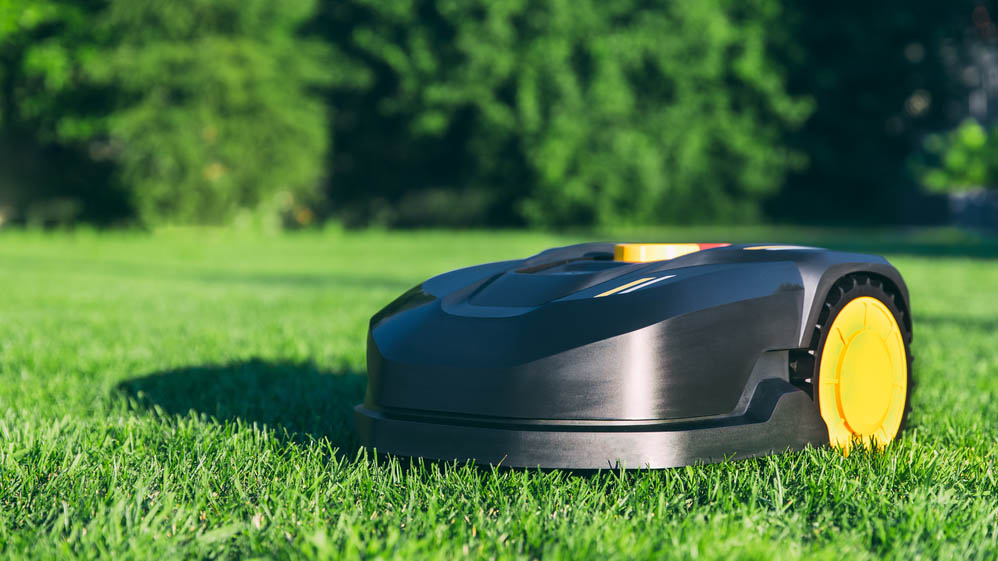
What if you don't want to mow your lawn at all? Apart from hiring a lawn company, you could also look at buying a robot lawn mower. These devices are more expensive, typically starting at around $1,000, but will do all the hard work for you. It requires some setup at the start — you need to install a wire around the perimeter of your property, like an invisible dog fence — but after that, the robot lawn mower will take care of your grass for you.
If you're in the market for gardening tools, take a look at the best pruning shears. For more gardening tips, tricks, and how-tos, check out our guides on how to plant grass seed, how to make your grass greener and how to stripe your lawn.

As the Homes Content Editor, Cynthia Lawrence covers all things homes, interior decorating, and garden-related. She has a wealth of editorial experience testing the latest, ‘must-have’ home appliances, writing buying guides and the handy ‘how to’ features.
Her work has been published in various titles including, T3, Top Ten Reviews, Ideal Home, Real Homes, Livingetc. and House Beautiful, amongst many.
With a rather unhealthy obsession for all things homes and interiors, she also has an interior design blog for style inspiration and savvy storage solutions (get rid of that clutter!). When she’s not testing cool products, she’ll be searching online for more decor ideas to spruce up her family home or looking for a great bargain!
